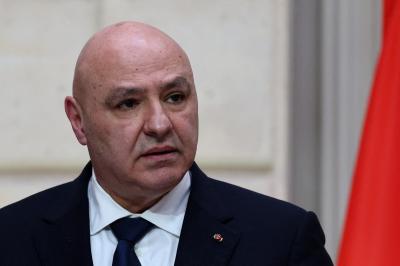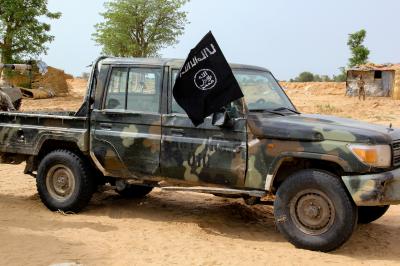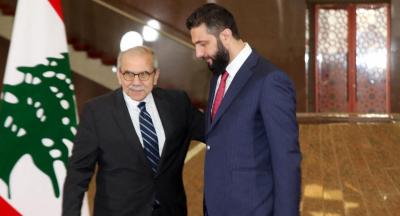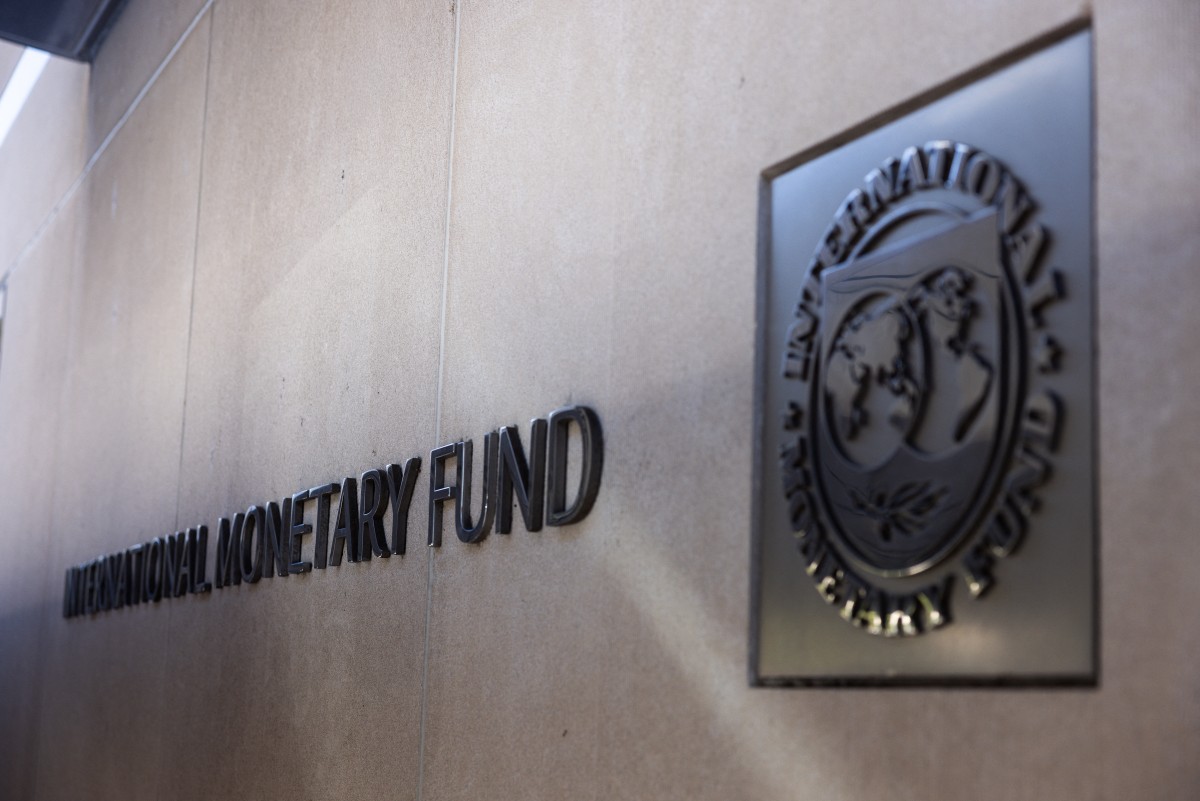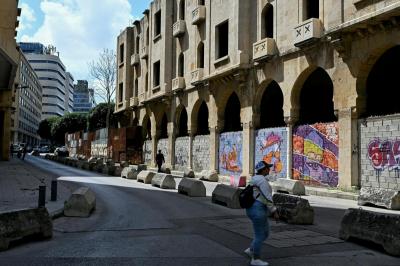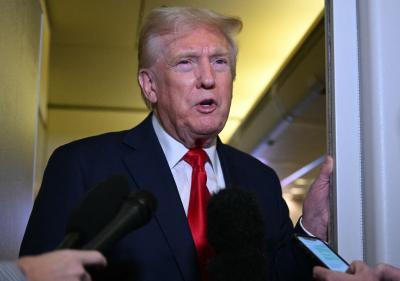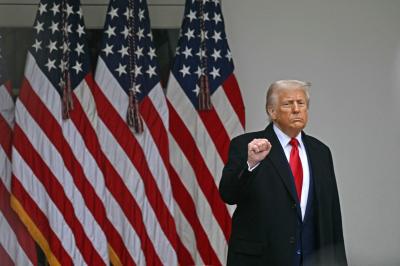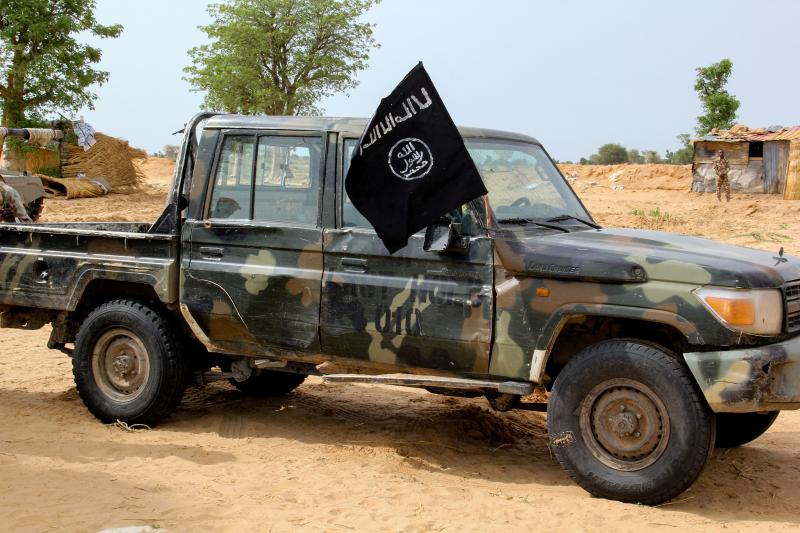Lebanon’s 2025 draft budget was recently approved by Prime Minister Nawaf Salam’s government through a decree, making use of the constitutional powers granted to a caretaker cabinet. While this move may strengthen fiscal discipline by providing the country with a formal budget—an essential component in rebuilding confidence in the economy—it remains largely symbolic. The numbers in the budget do not reflect economic reality, and many of its projections are unlikely to materialize. Most notably, the 2025 budget lacks a reform plan, exposing a disconnect from the structural and economic challenges facing the country.
Finance Minister Yassine Jaber defended the decision to pass the 2025 budget by decree, arguing that there is no time to waste and efforts should now shift toward the 2026 budget. But what kind of budget can Lebanon draft without a formal agreement with the International Monetary Fund (IMF)?
Should Lebanon attempt this, the government would face a slew of challenges and restrictions:
1. Limited Access to International Funding
A budget without the IMF’s stamp of approval would severely hinder Lebanon’s ability to secure loans or aid from international financial institutions and donor countries. Most of these actors have made their support conditional on an IMF agreement. As a result, the likely deficit in any such budget would be difficult to finance. Only one factor could change this equation: geopolitics. Some global powers might choose to prevent Lebanon’s collapse, especially amid efforts to redraw the political map of the Middle East.
2. The Impossibility of a Balanced Budget
Crafting a balanced budget that accounts for all of Lebanon’s obligations—such as public debt and dues owed to Iraq for electricity—will be extremely difficult. Given the weak economic activity, high unemployment, and rampant tax evasion, the government would likely attempt to broaden the tax base drastically to increase revenues. However, controlling public spending will also be a struggle, further degrading basic public services. And with municipal and parliamentary elections looming, political pressure will mount to avoid austerity measures.
3. Debt Management Dilemma
Lebanon’s public debt currently stands at five times its GDP. Servicing this debt without a haircut seems unfeasible. This directly affects what the state owes to both the central bank and commercial banks—funds that largely come from depositors. How can the government propose a credible budget without restructuring public debt, while simultaneously safeguarding depositors’ savings during an election season?
4. Eroding Investor Confidence
The absence of an IMF deal will further erode investor trust. This dissuades both foreign and local investors, undermining much-needed investments—the lifeblood of any economic recovery. A shrinking economy would further reduce state revenues, creating a vicious cycle of decline.
5. Currency Instability
The government and central bank have so far managed to maintain the Lebanese lira’s exchange rate through de facto dollarization and by absorbing local currency from the market—mainly by demanding taxes, fees, and bills be paid in cash and lira. But sustaining this model is nearly impossible in a scenario where dollar cash flow drops—especially with the current pace of imports. The result? Higher inflation, increased poverty, and growing social unrest.
As if these obstacles weren’t enough, another threat looms: the fragile ceasefire with Israel. Ongoing violations could unravel it entirely if not addressed through diplomatic channels, further undermining any hopes for economic stability.
The credibility of any future Lebanese budget hinges on it being paired with a comprehensive reform plan. Such a plan must include restructuring the public sector—both institutions and payroll—reforming public debt and the banking sector, regulating cash flows, combating tax evasion, and restoring judicial independence to fight corruption. Crucially, this must happen after securing a sustainable ceasefire with Israel and rebuilding historic ties with Gulf countries, especially Saudi Arabia.
One major credibility test lies in the government’s willingness to submit final account audits for the years 2004–2024 to the Court of Audit. This would allow an investigation into how public funds and debt were spent without oversight. Notably, the head of the Finance and Budget Committee claims over $27 billion is unaccounted for in state finances. The Alvarez & Marsal report also flagged over $48 billion spent on a power sector that barely functions, and another $6 billion in wasteful spending in the telecom sector—currently under judicial review, with no updates. Meanwhile, the Ministry of Public Works received massive budgets over the years with no transparency on how the funds were used.
In short, Lebanon’s ability to draft a realistic budget for 2026 without an IMF agreement is highly doubtful. Without this deal—which would force the government to implement essential reforms—options will be extremely limited, public services will deteriorate further, and the risk of popular unrest will grow.
 French
French


